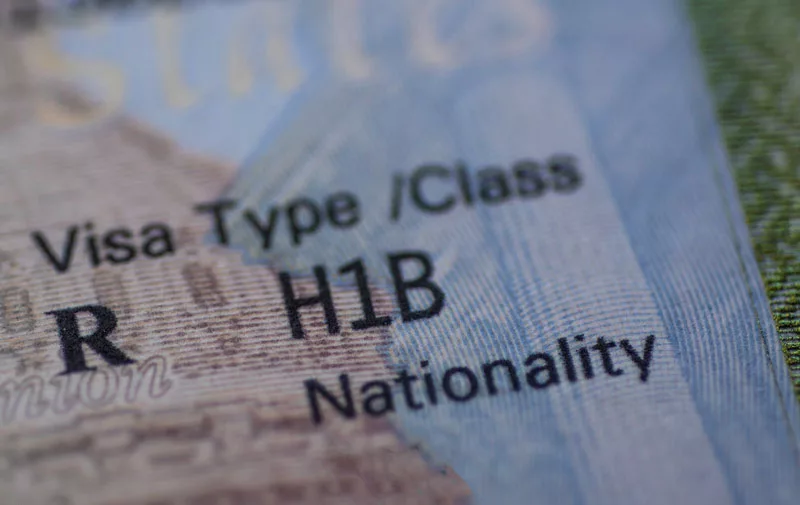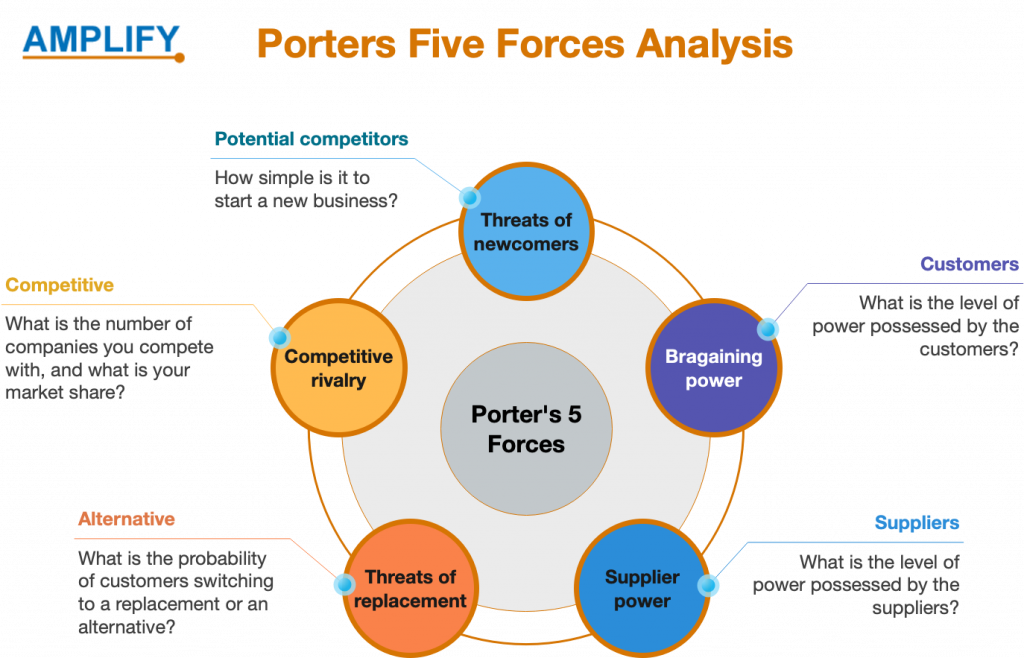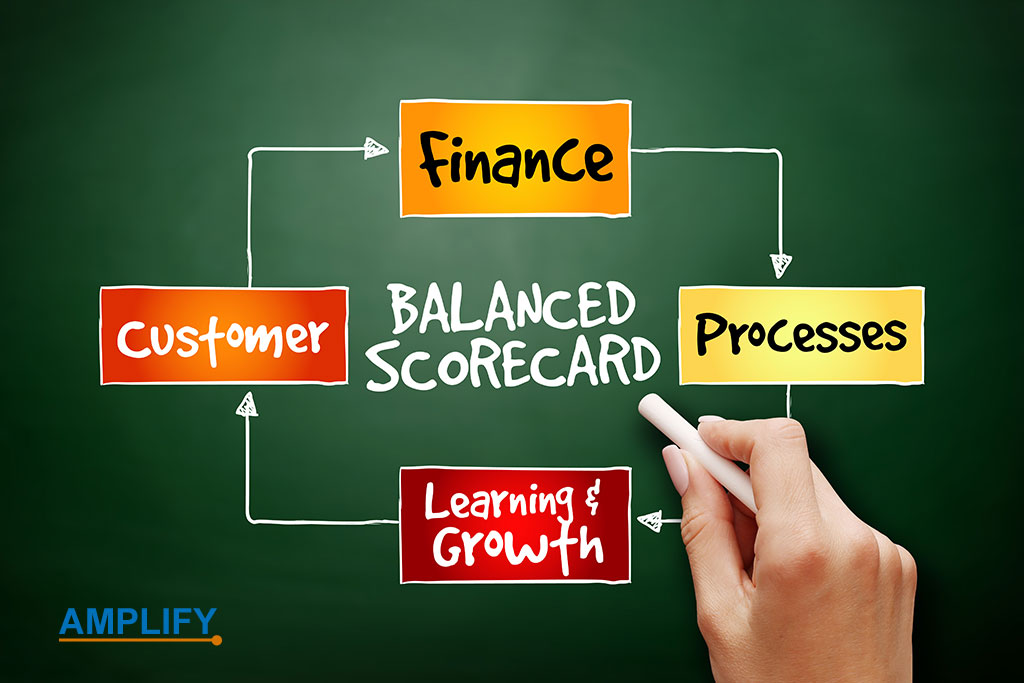The H-1B visa lets U.S. employers temporarily hire foreign workers for specialized roles. This visa addresses the shortage of skilled professionals in areas like engineering, IT, and finance. To be eligible, the job offered must demand a bachelor’s degree in a specific field. The U.S. employer must sponsor the foreign worker and show a genuine need for their expertise. Moreover, the worker should have a relevant bachelor’s degree or work experience equivalence. Employers also need an approved Labor Condition Application from the Department of Labor.
The visa has a set limit each year. Currently, there are 65,000 visas, with an additional 20,000 for those holding U.S. advanced degrees. If applications exceed this cap, a lottery determines which ones get processed. H-1B visa holders can stay in the U.S. for three years and can extend it to six years. Some even stay longer if they meet certain conditions, such as initiating the green card process. They can bring their spouse and children under 21 on the H-4 dependent visa. H-4 holders can study, but there are limitations on working. Finally, H-1B visa holders can pursue a green card without jeopardizing their current status.
Here are some key points about the H-1B visa:

Eligibility:
To qualify for an H-1B visa, an individual must satisfy specific criteria. The U.S. employer must offer a position in fields such as engineering, IT, finance, or medicine that requires at least a bachelor’s degree or its equivalent in a particular field. Additionally, the employer has to submit an H-1B petition for the foreign worker and demonstrate a genuine need for the worker’s specialized skills and knowledge. Foreign workers should have at least a bachelor’s degree or its equivalent in a related field, but in some instances, relevant work experience can stand in for formal education. Furthermore, the employer must secure a Labor Condition Application (LCA) approval from the U.S. Department of Labor to ensure the foreign worker’s salary meets industry standards and their employment won’t negatively affect similarly positioned U.S. workers.
Quota and Lottery System:
The H-1B visa carries an annual limit, capping the visas issued each fiscal year. Right now, they set the regular cap at 65,000 visas, and they reserve an extra 20,000 visas for those with advanced degrees from U.S. universities. If H-1B petitions surpass this cap, a lottery system picks the petitions for processing randomly.
Duration of Stay:
H-1B visa holders can stay in the United States for three years initially. They can extend this duration to a maximum of six years. In specific circumstances, like when the foreign worker starts a green card application, they might qualify for exceptions and extensions beyond the six-year mark.
Dependents:
H-1B visa holders can bring their spouses and unmarried children under 21 to the U.S. on H-4 dependent visas. H-4 visa holders are allowed to study in the U.S. but generally cannot work, although there are certain exceptions.
Dual Intent:
H-1B visa holders can maintain dual intent, meaning they can pursue permanent residency (a green card) while on the H-1B visa without jeopardizing their non-immigrant status.
The H-1B visa program is subject to various regulations and requirements, and the application process can be complex. Employers are required to comply with specific labor and immigration laws.

















